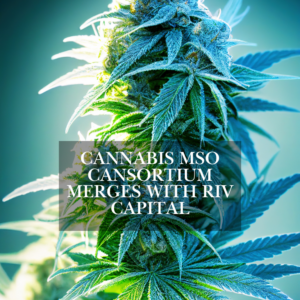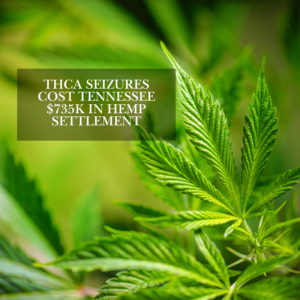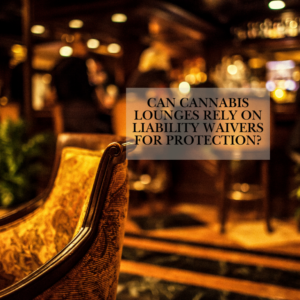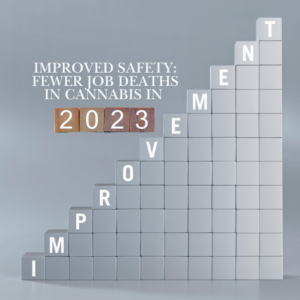Texas THC Laws: Understanding the Ongoing Controversy

Five Years After Legalizing Hemp, Texas Consumers Face Confusion
Since the legalization of hemp-based products in Texas five years ago, consumers have been inundated with an array of options—gummies, oils, and smoking products containing low-dose THC (tetrahydrocannabinol). This has led to confusion and vulnerability among consumers trying to navigate the rapidly evolving market. While many view these products as miracle cures for mental and physical ailments, critics argue that the state’s hemp legislation has created loopholes that exploit consumers.
Legislative Background
The surge in low-dose THC products can be traced back to the 2018 federal farm bill, which removed hemp from the Drug Enforcement Administration’s controlled substances list. This legislative change enabled farmers to grow hemp for various industries, including textiles and plastics. Following this, Texas passed House Bill 1325 in June 2019, allowing the production and sale of industrial hemp products, provided they contain less than 0.3% delta-9 THC.
State Agriculture Commissioner Sid Miller praised the change, declaring it a boon for farmers. However, state Senator José Menéndez recently pointed out that the law inadvertently opened the door to cannabis use in Texas.
What’s Legal and What’s Not?
In the wake of the new legislation, both hemp farmers and the low-dose THC industry have flourished. Products like CBD (cannabidiol) became widely available, marketed for their potential health benefits. However, the law specifically mentioned only delta-9 THC, prompting retailers to sell other forms of THC, such as delta-8, which is derived from CBD through chemical processes.
Unfortunately, there are no age restrictions on these products, though some retailers enforce a minimum age of 21. The only existing regulation is the Tobacco 21 law, which restricts tobacco product sales to those aged 21 and older.
Regulatory Challenges
Despite the apparent abundance of regulations, ensuring product safety and labeling accuracy often falls short. For example, North Texan Kendall Reed purchased delta-8 vape oil under the impression that it was legal, based on its QR code labeling. However, a routine traffic stop led to her arrest for possession of a product that tested seven times over the legal THC limit.
Kendall’s experience highlights the risks consumers face, as the reliance on QR codes and manufacturer claims offers little protection. The Texas Department of State Health Services is responsible for enforcing compliance among retail stores, but with limited enforcement personnel, oversight remains inconsistent.
Legislative Attempts to Address Issues
Efforts to close loopholes have been met with mixed results. In October 2021, the Texas health department attempted to classify delta-8 as a controlled substance, but a court ruling allowed its sale to continue. Lt. Gov. Dan Patrick has expressed a desire for stricter regulations on delta-8 and similar products, and lawmakers are considering potential restrictions ahead of the 2025 legislative session.
Possible measures include age restrictions, advertising limitations, and third-party testing to ensure product safety and labeling accuracy.
Health Concerns Surrounding Low-Dose THC
While many consumers report positive experiences with hemp-based products, scientific research on their health benefits remains sparse. The lack of regulation raises concerns about the purity and safety of these products. Some states, like Alaska, have opted to prohibit delta-8 due to fears it may be mixed with harmful substances.
Public health officials have raised alarms about the potential dangers of delta-8 products, especially for children and teens, who may not realize they can produce psychoactive effects. Conversely, veterans and advocates argue that delta-8 offers a more accessible alternative to Texas’s limited medical marijuana program.
Consumer Risks and Legal Consequences
The risks of purchasing low-dose THC products have become evident in various cases similar to Kendall’s. Many consumers have faced felony charges due to products that exceeded legal THC limits, often arising from unrelated infractions.
Sohail Ladhani, the owner of the store where Kendall purchased her vape oil, cautions customers to avoid keeping such products in their vehicles and to retain packaging for proof of legality. In Texas, possession of THC concentrates above the 0.3% limit is a felony, with severe penalties that include fines and prison time.
The confusion surrounding low-dose THC products in Texas underscores the urgent need for clearer regulations and consumer protections. As lawmakers prepare to address these issues, it is crucial to establish a legal framework that safeguards consumers while promoting safe and responsible access to hemp-based products. Without action, innocent individuals will continue to fall victim to the ambiguities created by existing laws, highlighting the pressing need for reform in Texas’s cannabis legislation.











